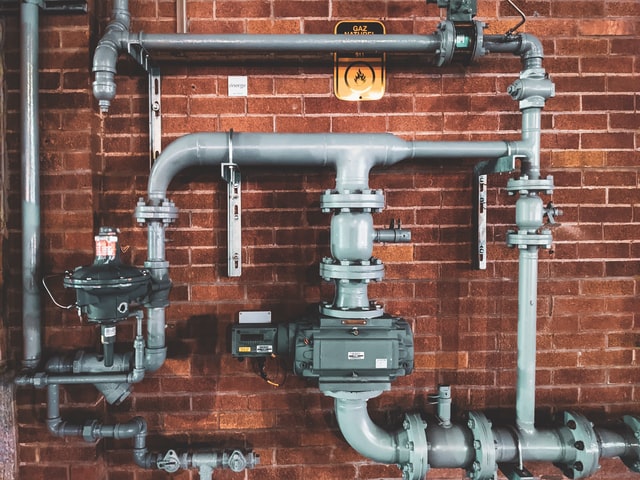Water heaters are a necessary part of any home, but when they start to leak, they can be a major problem. They can cause water damage to your home, cost you a lot of money in repairs, and be downright dangerous. In this article, we’ll discuss some effective ways to fix your leaking water heater before it gets worse.
What Is A Water Heater?
A water heater is a device that warms water using gas, electricity, or solar energy. In most homes, they are installed indoors and have water lines running to them from the water main.
Water heaters can be attached to boilers for home heating systems. They can also be used in radiant flooring systems where hot water circulates through pipes within floors made of concrete or other material like tile or marble.
Do Some Reading Beforehand
The most important place to start is by checking the manufacturer’s instructions. Often, they will have information on common problems and how to solve them. If you don’t have the instruction booklet anymore, most manufacturers have PDFs of their manuals available online.
There are many specialist websites, blogs, and Youtube tutorials that offer great advice on how to fix this problem. As mentioned at Waterheaterleakinginfo.com, many people are searching the internet to find out why their water heater is leaking, what they should do first, and how they can turn off the water supply. They also want to learn about cold water inlets, hot water outlets, T & P relief valves, drain valves, and internal tanks.
Some people would rather have a professional to take care of the work for them, and that’s ok. A quick search for hot water repairs Adelaide, or wherever you are located, will find you an expert company to fix the repair, service the system, or install a new water heater for you.
If you do call in the professionals, your plumber should be local to the area where you live. For example, if you live in Milwaukee, you should work with the best Water Heater Installation Milwaukee company you can find. Professional plumbers can quickly and affordably fix your water heater, or safely install a new one if required, to minimize the disruption in your life.
Shut Off The Water Supply
If water is pouring out, it won’t stop leaking until you shut off the water supply to the heater. You will find the supply line on the top or side and you should see a valve connected to it. This valve can be used to shut off the water flow as necessary. Whilst doing so will effectively stop any water from entering into the tank itself, there may still be some pressure in it.
Once you’ve shut off your main water source, open another faucet somewhere else in your home to allow water to flow out of the water heater. This will ease pressure on the unit itself, making it safer for you to get it open in order to carry out any work.
Turn Off The Power
If your water heater is electric, turn off the power at the circuit breaker box. If it’s gas, turn off the gas supply (by using the valve). This is important because the moisture from leaks can cause electrical components to short out.
By turning off the electricity/gas supply before making repairs, there won’t be any accidents with wires getting cut or sparks accidentally igniting fumes. This will reduce the risk of fire, injury, or damage to other items in your home.
Dry The Area And Make An Inspection
Once all of the water has drained out of your water heater, you can deal with any excess water that’s around it. It’s probably best if you use a mop or towel to absorb this.
After this has been completed, you will be able to inspect the tank for any leaks. Look for corrosion, rust, or damage to the tank.
Do Some Repairs
You may need to replace the anode rod or gasket to prevent future leaks from developing. If the seal on your water heater is old or no longer in good condition, it may be time to seal it again with caulk or sealant. Apply this around any fittings and tighten them up if they are loose. You may also need to install new pipes.
If you see that there are a lot of mineral deposits at the bottom of your tank, you will want to clean them out and flush your heater before attempting these repairs.
Complete The Task
Once the work has been completed you should:
- Reattach and tighten all fittings
- Reattach the insulation
- Turn on the water and power supplies to your heater
- Run hot water through your faucets to test it
- Put all of your tools away
Hopefully, these tips have been helpful and you feel more confident about tackling your leaking water heater. Water and electricity are a dangerous combination, so if you are unsure what to do you should call a plumber immediately. They will be sufficiently skilled and qualified to do the job properly. Once the heater has been fixed or replaced, your home will be up and running once again.
Related Posts: